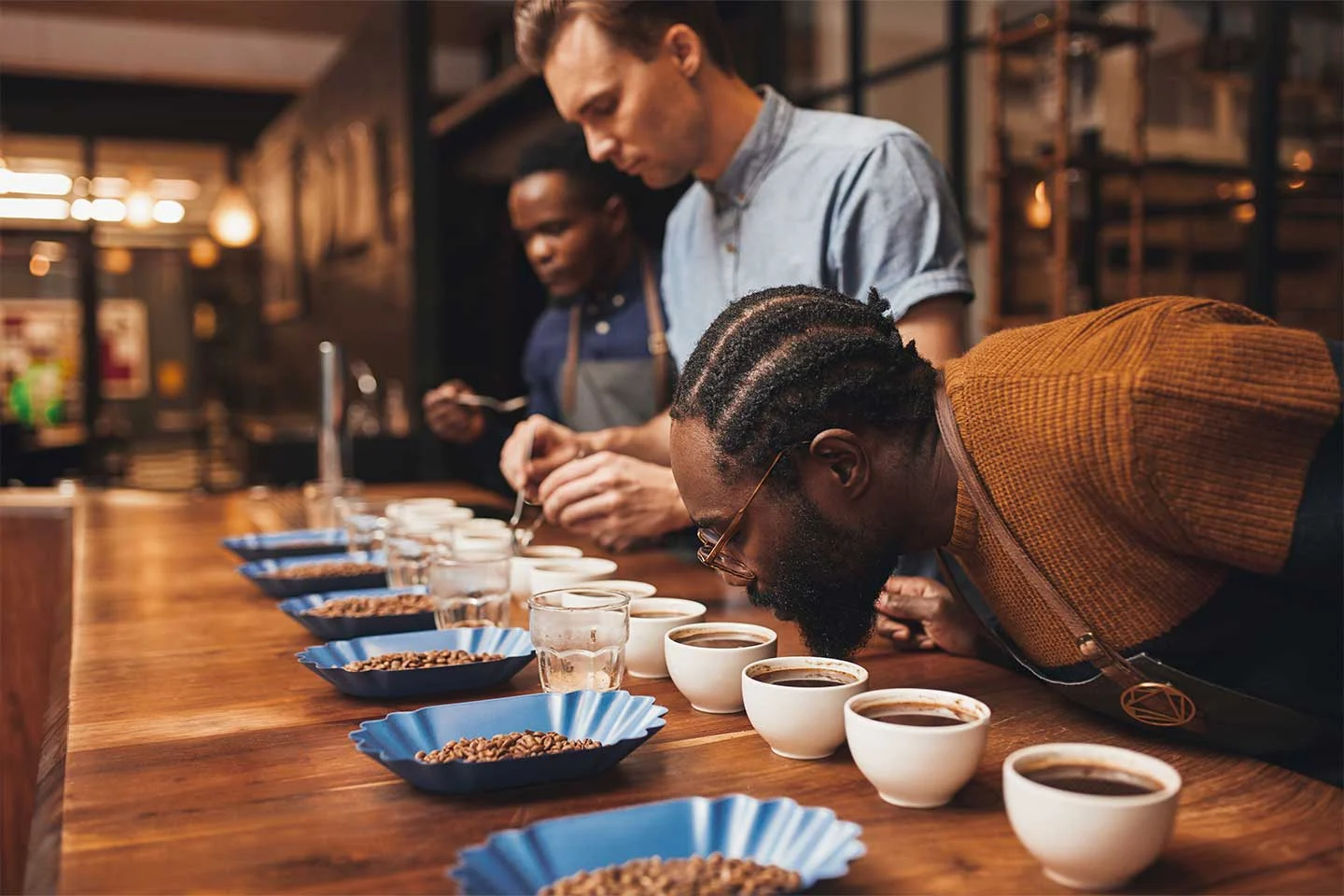
Coffee is more than just a drink; it is a culture, a ritual, and a passion shared by millions around the world. Its rich history and diverse flavors have made it a staple in many households and cafes, proving to be a catalyst for social gatherings, deep conversations, and moments of reflection.
The Origins of Coffee
The origins of coffee can be traced back to ancient Ethiopia, where legend tells of a goat herder named Kaldi who discovered the coffee bean. Observing his goats dancing energetically after eating the bright red cherries from a certain plant, Kaldi decided to try them himself. The energizing effects soon became known, and coffee gained popularity. By the 15th century, coffee had made its way to the Arabian Peninsula, where it began to be cultivated and traded extensively.
As coffee traveled through trade routes, it reached Persia, Turkey, and eventually Europe. Coffeehouses, known as qahveh khaneh, became centers of social interaction in the Islamic world, providing spaces for conversation, debate, and entertainment. The popularity of coffee spread to Europeans in the 17th century, leading to the establishment of coffeehouses in cities like Paris, London, and Vienna. These establishments became known as "penny universities" because a glass of coffee could spark intellectual discussions at a low cost.
Varieties and Flavor Profiles
Today, coffee is grown in over 70 countries, primarily situated in regions conducive to its cultivation, such as Brazil, Colombia, Ethiopia, and Vietnam. The two most commonly cultivated species are Arabica and Robusta. Arabica beans are celebrated for their delicate flavors and aromatic qualities, while Robusta beans are known for their higher caffeine content and stronger, more bitter flavor.
The brewing method significantly impacts the taste of coffee. For example, espresso, made from finely-ground coffee forced through hot water, delivers a concentrated shot rich in flavor. In contrast, a French press allows coffee to steep, resulting in a full-bodied brew. Pour-over methods offer control over extraction, inviting coffee enthusiasts to experiment with different grind sizes and water temperatures. Cold brew, typically steeped in cool water for hours, produces a smooth and less acidic drink that has gained immense popularity in recent years.
Coffee Culture Around the World
Coffee culture varies widely from one country to another, each celebrating its own unique traditions and practices. In Italy, for instance, coffee is often enjoyed quickly standing at the bar, while in Sweden, the concept of "fika" — a coffee break accompanied by pastries — embodies a more leisurely approach, emphasizing relaxation and socialization.
In Turkey, coffee is prepared in a special pot called a cezve and is often served with a side of sweet delight and a fortune told from the coffee grounds left in the bottom of the cup. In Ethiopia, coffee ceremonies are an important social ritual that involves the roasting of green beans and the sharing of freshly brewed coffee among family and friends, symbolizing friendship and hospitality.
The Rise of Specialty Coffee
In recent years, the specialty coffee movement has transformed the way people perceive and appreciate coffee. Coffee shops increasingly focus on sourcing high-quality beans from specific regions, often direct from small farmers. These establishments emphasize brewing techniques, showcasing everything from pour-over methods to siphon brewing, allowing customers to experience the nuanced flavors of single-origin coffees.
Baristas have become coffee artisans, often engaging customers in discussions about flavor notes, brewing methods, and sustainable practices. The emphasis on quality and transparency has led to a more informed and engaged consumer base, eager to explore the diverse world of coffee.
With a growing awareness of environmental issues, many coffee producers are adopting sustainable farming practices that benefit both the land and the communities involved in coffee production. Certifications such as Fair Trade and Organic highlight the importance of ethical sourcing and environmental stewardship, ensuring that coffee lovers can enjoy their favorite beverage with a clear conscience.
The Coffee Experience
For many, the act of making and enjoying coffee is a cherished ritual. The aroma of freshly brewed coffee has a knack for waking up the senses and creating a comforting atmosphere. Whether it's a morning cup to start the day, an afternoon pick-me-up, or an after-dinner treat, coffee often plays a central role in daily routines and social interactions.
As coffee continues to be a source of joy and inspiration for countless individuals, its journey from bean to cup remains a fascinating exploration of flavor, culture, and connection.
article by imageoss is licensed under CC BY-NC-ND 4.0